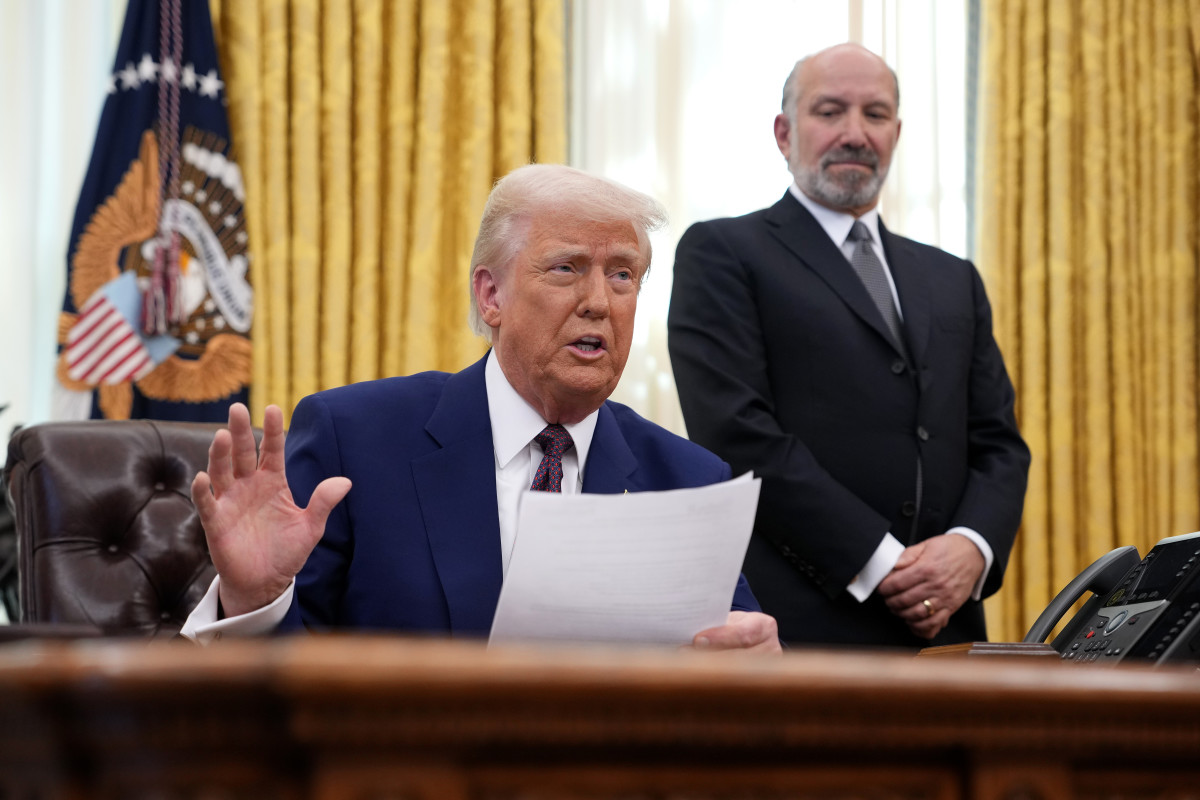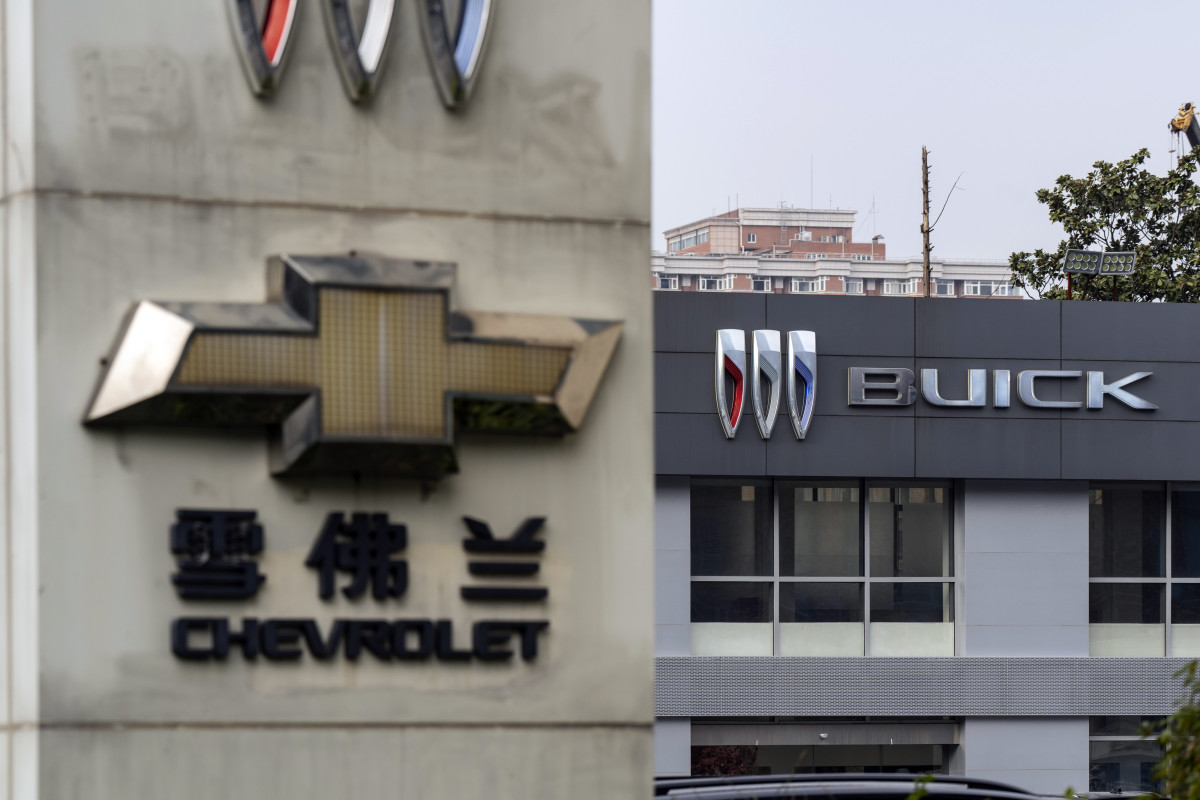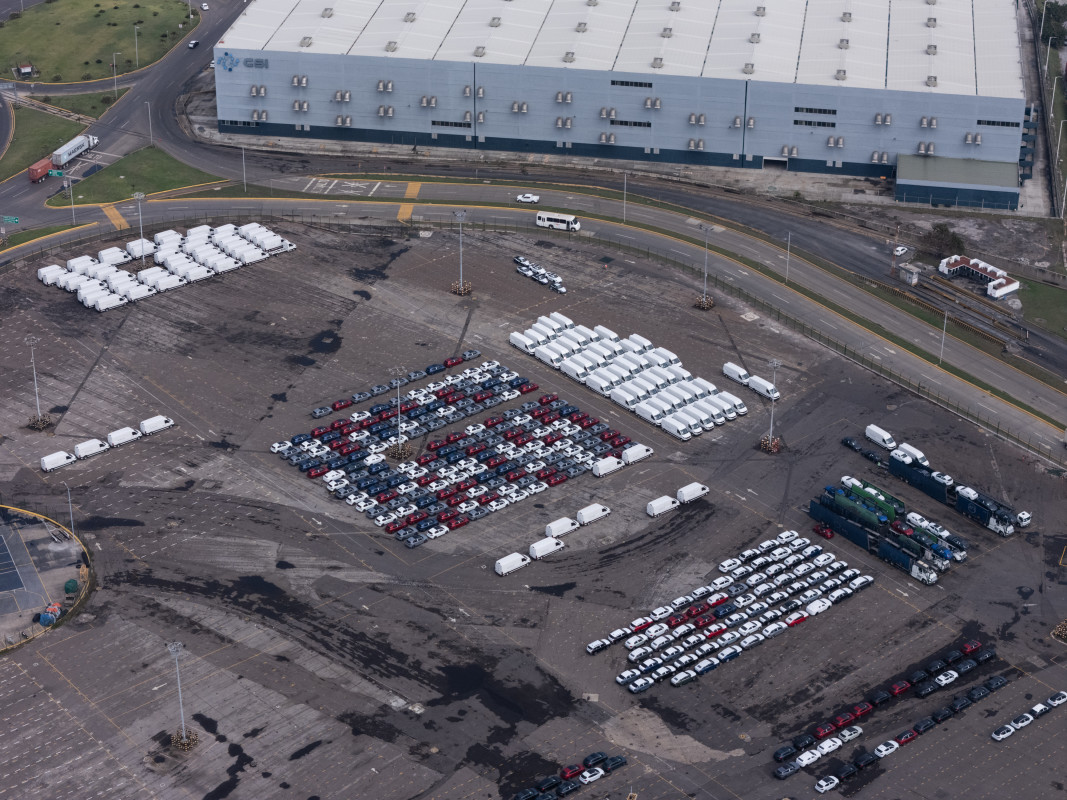Auto tariffs still in effect
President Trump’s newly announced 90-day pause on most reciprocal import tariffs has left a major industry behind: autos. Despite lowering tariffs to 10% for 75 countries, the 25% tariffs on imported vehicles and auto parts remain firmly in place, a blow to Detroit’s Big Three and Michigan’s broader automotive supply chain.
Speaking outside the White House, Treasury Secretary Scott Bessent clarified that so-called “sectoral” tariffs — which include auto, steel, aluminum and other targeted industries — are not included in the pause. The White House later confirmed this, despite earlier confusion over whether auto tariffs might be rolled back.
Michigan’s auto sector feels the pressure
For Michigan, where auto manufacturing is the lifeblood of the state economy, the decision feels like a “gut punch,” Wedbush Securities analyst Dan Ives told the Detroit Free Press. While global markets responded positively to the tariff pause, Detroit’s automakers are bracing for continued price pressures, supply chain disruptions, and the threat of job cuts.

Andrew Harnik/Getty Images
“Unfortunately, the 90-day pause on reciprocal tariffs announced today does not extend to the 25% tariffs on assembled vehicles and components implemented on April 3 or other sector-based tariffs, like those on steel and aluminum,” said Glenn Stevens, MichAuto executive director and vice president of Detroit Regional Chamber. “Michigan’s signature industry and the supply chains and employees that sustain it will continue to endure the uncertainty and disruption of these fluctuating trade policies.”
China tariffs escalate, adding fuel to the fire
Adding to the tension, Trump also raised tariffs on all Chinese goods to 125% and reportedly up to 150% on Chinese autos. The move follows China’s own retaliatory tariffs on American products, some reaching 84%. For Michigan businesses, many of which rely on global suppliers and Chinese-made components, the fallout could be significant.

Bloomberg/Getty Images
Morningstar analyst David Whiston warned that even though consumers might be temporarily reassured by the pause on some tariffs, the continued escalation with China — and auto tariffs specifically — remains a major headwind.
Uncertainty around USMCA compliance
It’s also unclear which vehicles or parts may be exempt from tariffs under the U.S.-Mexico-Canada Agreement (USMCA). The administration has said compliant goods will not be subject to tariffs but has yet to fully define what qualifies as “compliant,” leaving automakers in a regulatory gray zone.

Bloomberg/Getty Images
Canada and Mexico, meanwhile, still face a 25% tariff on non-compliant goods, with exceptions only for energy and potash, taxed at 10%. This muddled framework complicates production planning for automakers operating across North America.
Final thoughts
While United Auto Workers (UAW) President Shawn Fain has endorsed tariffs as a tool to bring jobs back to the U.S., others worry that higher costs could lead to layoffs before any benefits materialize. Michigan Gov. Gretchen Whitmer echoed this tension during a speech in Washington, calling for targeted tariffs that support job growth without spiking consumer prices or destabilizing the market.
As negotiations unfold, the auto industry will be watching closely. For now, there’s little relief in sight — and plenty of uncertainty ahead.











Leave a Reply